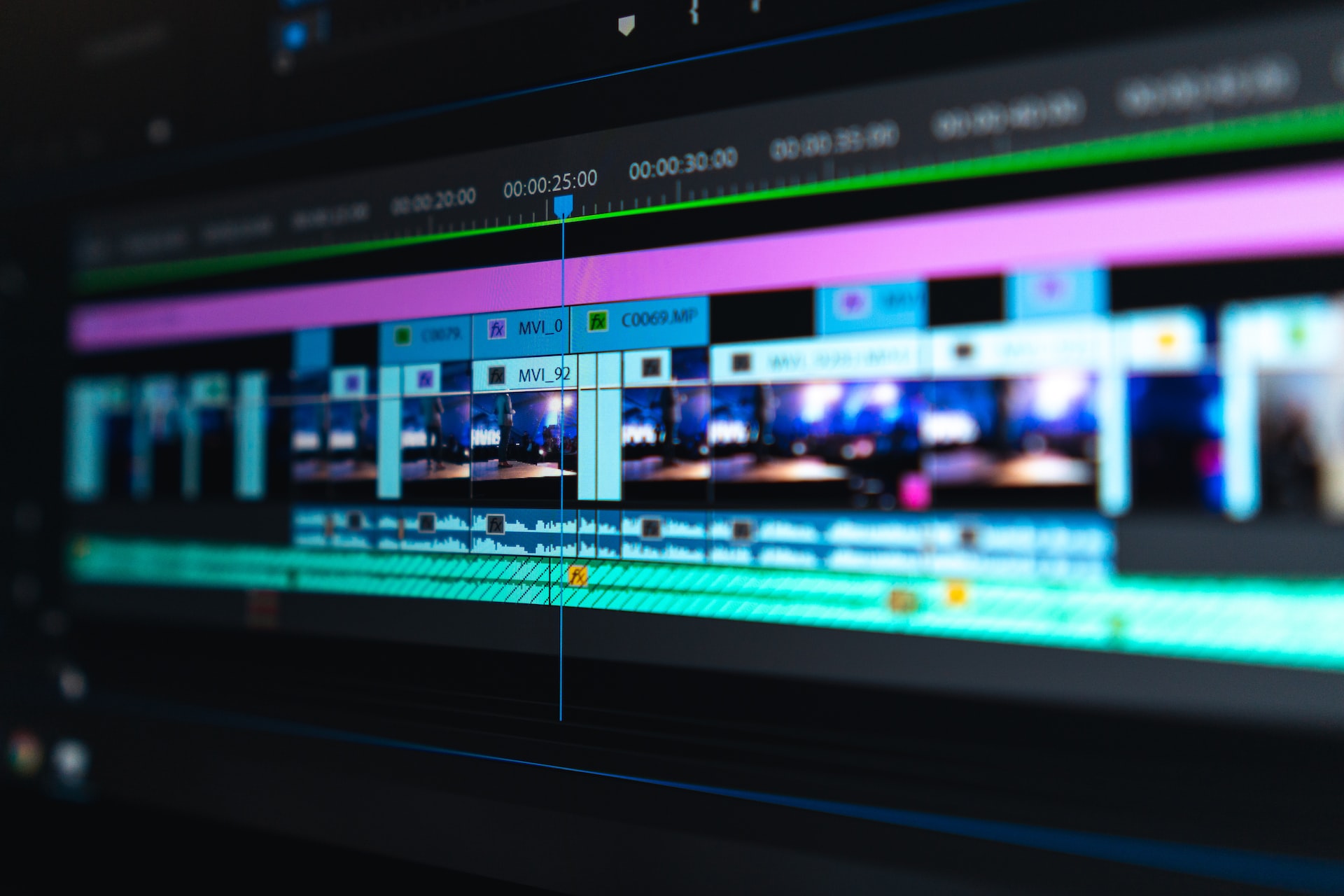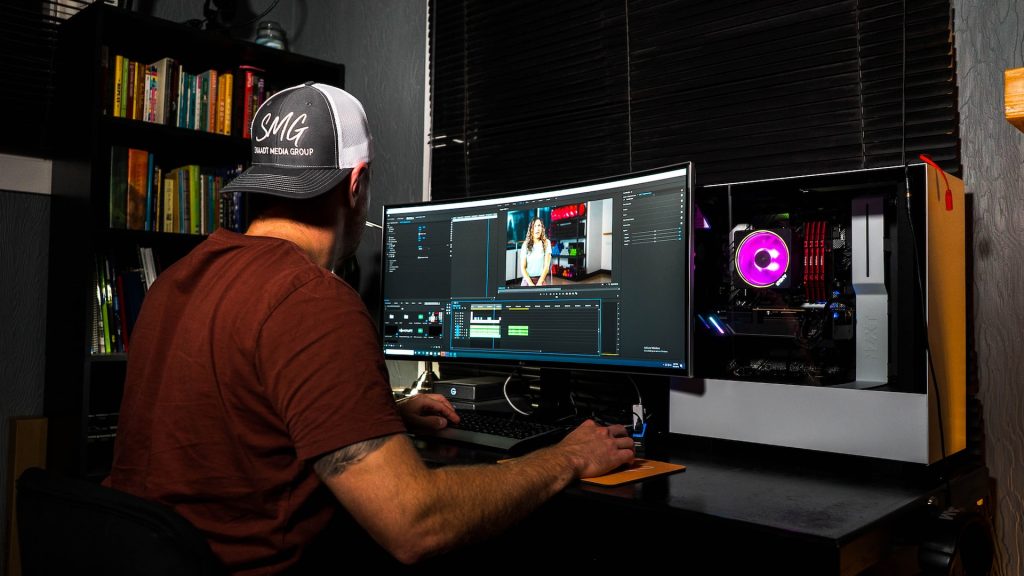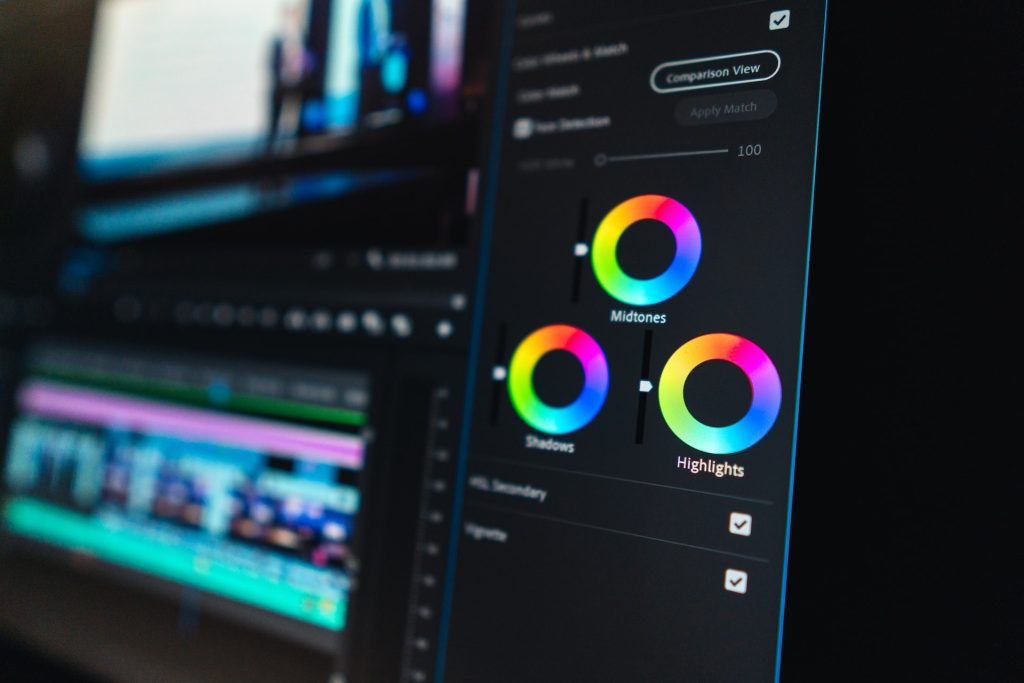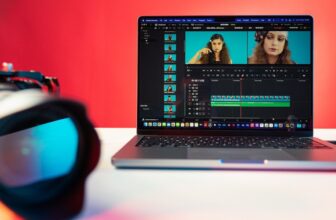
You’ve decided you want to be a professional video editor. Great! The first step is understanding what the job entails. Contrary to popular belief, being a video editor is more than just sitting in front of a computer and pressing “play.” It’s a complex process that requires excellent organizational skills, attention to detail, and an artistic eye. This article will give you an overview of what you need to know to become a pro video editor.
Table of Contents
What is video editing?

Source: unsplash.com
Video editing is manipulating and rearranging footage to create a new work. It can be used to create new stories, make existing stories more interesting, or improve the flow of a video. Editing is complex and nuanced, but some general tips can help you get started.
- Understand the basics of video editing. Before trying to edit your first footage, it’s essential to understand the basics of how it works. This will help you avoid making common mistakes and give you a foundation for building your skills.
- Get familiar with your editing software. Once you understand the basics of editing, it’s time to start using some software. There are many different options available, so it’s essential to find one you’re comfortable with. Spend some time exploring the features and options of your chosen software. Then get to know its interface inside and out.
- Start with simple projects. When you’re first starting out, it’s best to keep your projects simple. That way, you can focus on learning the basics of editing without getting overwhelmed by too many details. Once you’ve mastered the basics, you can start tackling more complex projects.
- Be patient. Learning how to edit a film can be a challenge, but it’s important to be patient and stick with it. The more you practice, the better you’ll become at it.
- Get feedback from others. Once you’ve edited a few footage, getting feedback from other people can be helpful. Ask friends or family members for their honest opinions, and try to find someone who knows something about editing to give you some tips.
Different types of video editors

Source: unsplash.com
- Consumer video editors: They are typically designed for home users and are very user-friendly. They offer a basic set of features and are often bundled with other software, such as photo editing software.
- Professional: These programs offer more advanced features and are typically used by professionals. They can be more complex to use and may require a higher learning curve.
- Non-linear video editors: They allow users to edit without having to follow a linear path. This type of editor is often used by those who need to make more complex edits, such as adding effects or transitions.
- Motion graphics editors: They offer a wide range of features and can be used to create complex animations.
The different types of software

Source: unsplash.com
There are many different types of editing programs, each with its own strengths and weaknesses. Here is a quick rundown of some of the most well-known:
Adobe Premiere Pro: A powerhouse program that can handle just about any video editing, from basic to complex, and you can find it at adobe.com. However, it can be expensive and difficult to learn for beginners.
Final Cut Pro: Another popular and powerful video editing program, especially for Mac users. Again, it can be expensive and challenging to learn.
Sony Vegas Pro: A good all-around video editing program that is relatively easy to use and reasonably priced.
Avid Media Composer: A popular choice for professional video editors that offers a wide range of features and tools. However, it can be complex.
Some programs can be quite expensive, so it’s important to make sure that it’s something you’re willing to invest in before making a purchase. There are also some free programs available, though they may be more limited in terms of features and functionality.
Finally, take some time to read online reviews of different video editing programs before making your decision. This can help you get a sense of what other users think of the various software options out there.
The skills you need to be a video editor
In order to be a great video editor, you need to have a strong foundation in the basics of the craft. This includes an understanding of how to use editing software, as well as a keen eye for detail. Additionally, having a good sense of timing and rhythm is important, as this will help you create content that flows well and is easy to watch.
Once you have mastered the basics, you can begin to experiment with more advanced techniques. This could involve trying out different editing software or learning how to use special effects to enhance your footage. With practice, you will develop your unique style, setting you apart from other editors.
If you are serious about becoming a professional editor, it is also worth considering studying for a relevant qualification. This will give you the opportunity to learn more about the technical aspects of video editing and could make you more attractive to potential employers.
What are the stages of video creation?

Source: unsplash.com
The first stage is pre-production. This is the stage where you plan out your content. You decide what story you want to tell and what footage you need to shoot. Once you have a plan, you can start shooting.
Production is the stage where the footage is actually filmed. The footage can be filmed with a camera, or it can be downloaded from a website. Once the footage is obtained, it needs to be edited. This is where the editor comes in.
During post-production, the footage is sorted and organized. Then, the footage is cut down to only the most important and relevant parts. After that, it is pieced together to tell a cohesive story.
Once the editing is complete, the video is given any final touches, such as adding music or special effects. Finally, the video is exported and ready to be shared with the world.
Conclusion
Anyone can become a video editing pro with the right tools and a little practice. Whether you’re interested in editing for fun or professional purposes, these tips will help you get started on your journey to becoming a master editor. So what are you waiting for? Get out there and start practicing!







